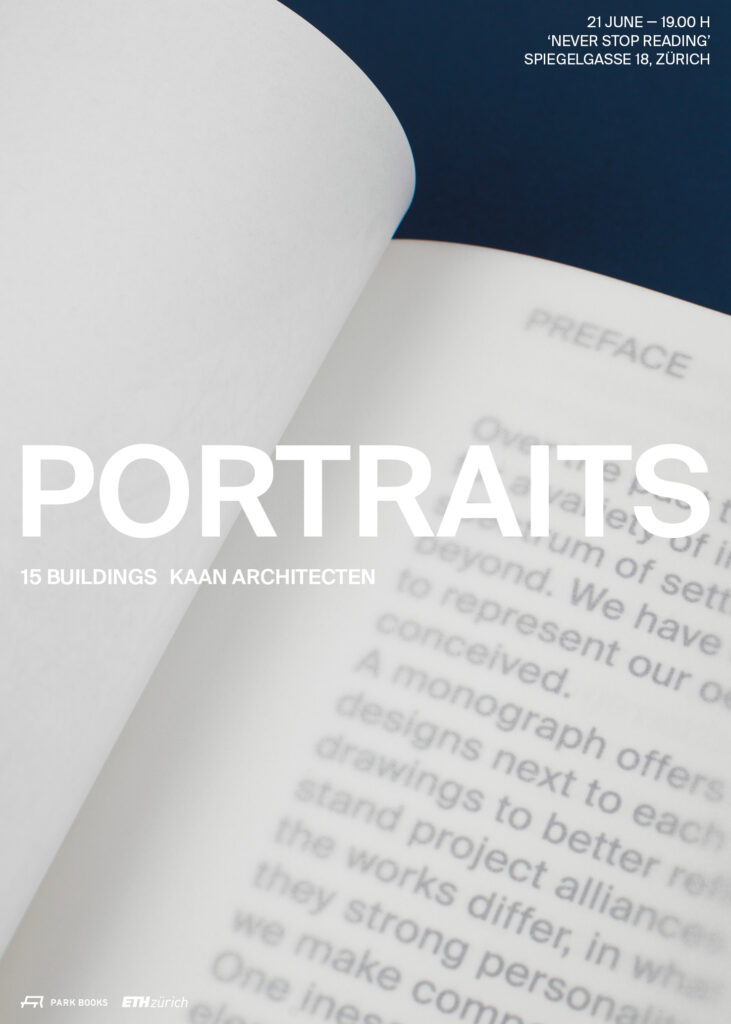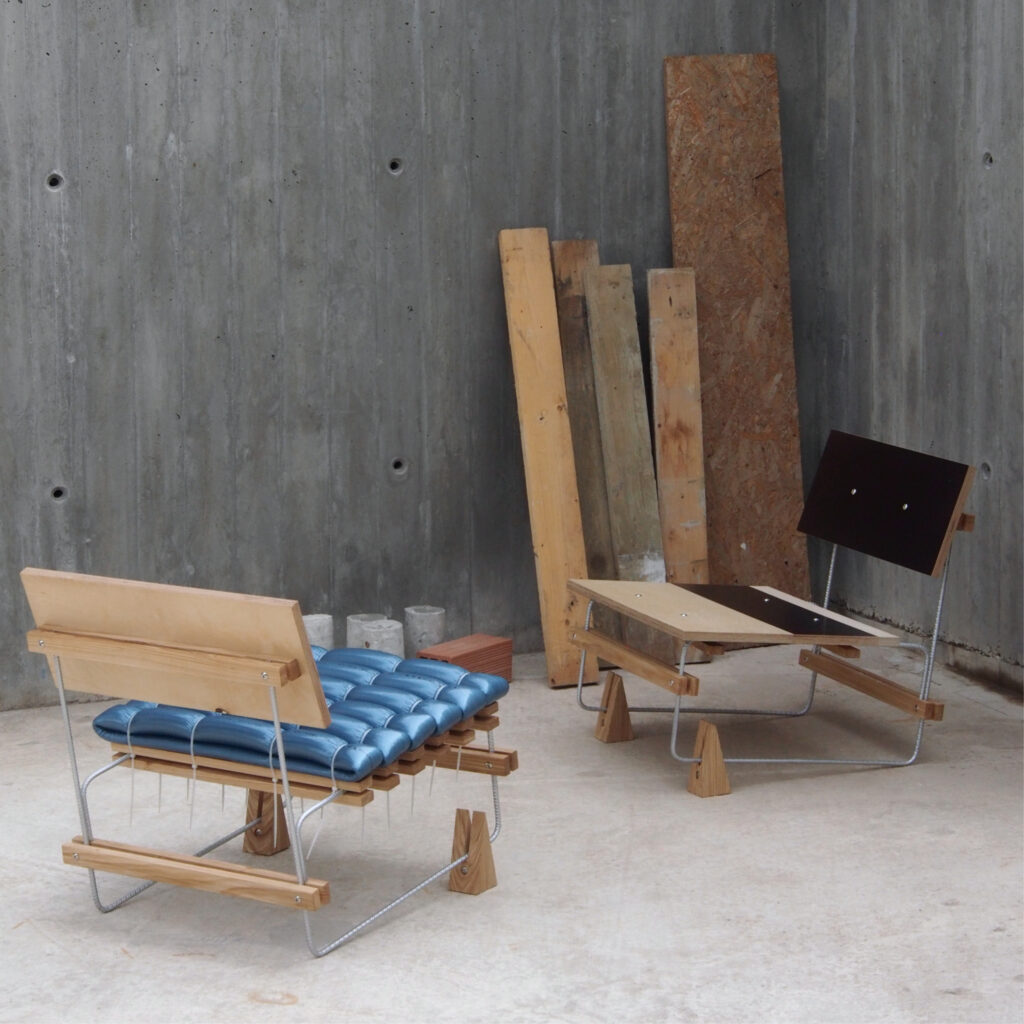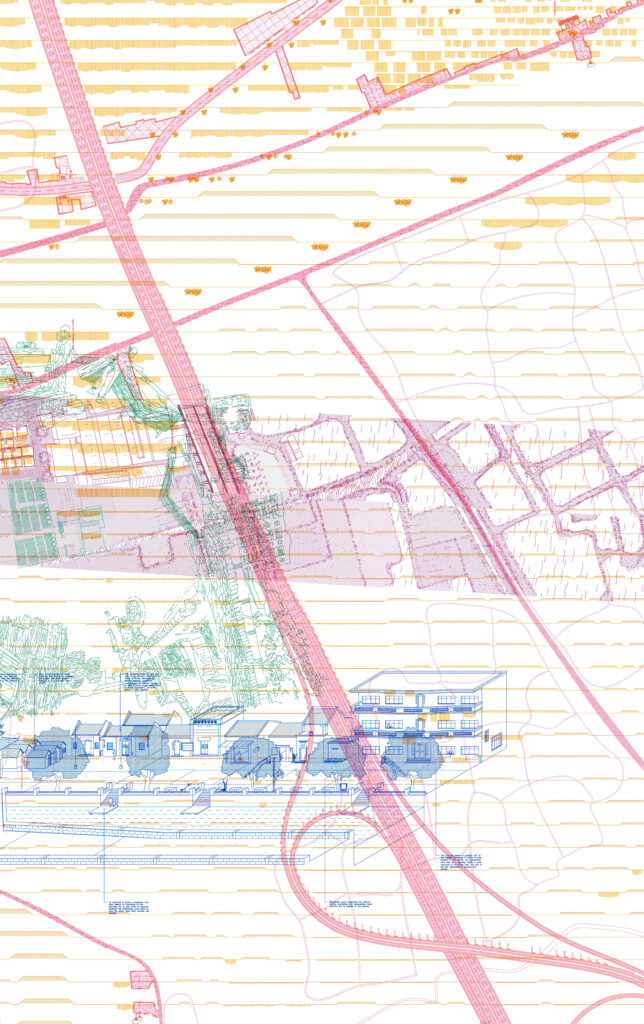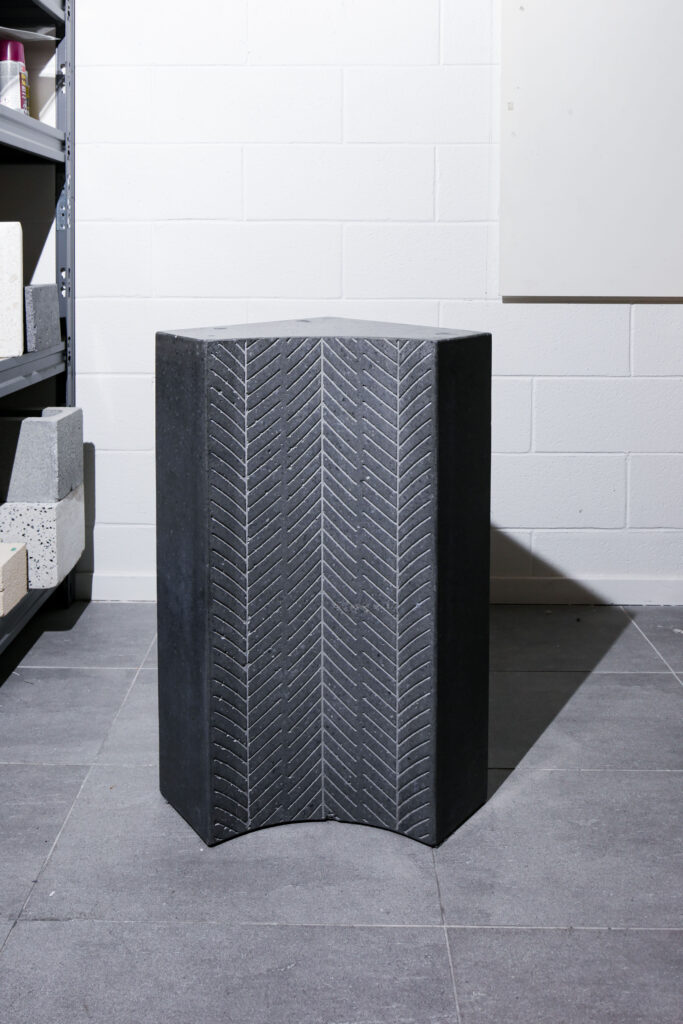Return to archive
title
Maintaining a Wetland
Speaker
Johanna Just
This object will be presented at the TACK Conference in the object session SITE, 20 June 2023 between 09:30 – 11:15 (CEST) at ETH Zürich (Auditorium HPV G5).
NSG Wagbachniederung is a nature reserve and birdwatching hot spot in the Upper Rhine Plain between Karlsruhe and Mannheim. Once, the site was a large peatland in the alluvial plains of the Rhine until the area was used by a sugar-beet factory for disposing of wastewater and mud in 1937. Over the years, the peatland was destroyed and turned into a wetland with large reed areas and mud plains, attracting numerous migratory and water birds and leading to the protection of the anthropogenic site as a nature reserve in 1983. With the closure of the factory and the subsequent discontinuation of water influx a few years later, the wetland was threatened to fall dry and deteriorate. Its newly gained importance for the avian world required the authorities to prevent this process by ensuring irrigation is continued. The controlled watering and other maintenance measures are defined in a management plan. However, due to the complexity and unpredictability of interactions affording the site’s ecology, the possibility of codification is limited and needs to be supplemented by the tacit knowledge of an expert. Biologist Ulrich Mahler takes on this role. Although retired from his position at the nature protection agency, where he was responsible for the site for over 50 years, he remains the site’s guardian. He spends several hours daily walking and monitoring the site and operates the irrigation system when needed to prevent ecological succession. He keeps records of all his excursions in the form of annotated maps where he marks precisely the duration of the water flow and which birds, insects or amphibians he encountered along the way. His “Exkursionszettel” exemplifies how tacit knowledge is embedded in the maintenance of a highly modified and constructed landscape and expresses the impossibility of codifying its complex management.
Johanna Just is an architect and doctoral fellow at the LUS Institute at ETH Zürich. In her work, she traces relationships among more-than-humans and the environment in the Upper Rhine Plain and explores new modes of spatial representationbetween different species, humans, and extractive ecologies in the Upper Rhine Plain. Currently, she is one of the guest editors of the 2024 issue of gta papers.




